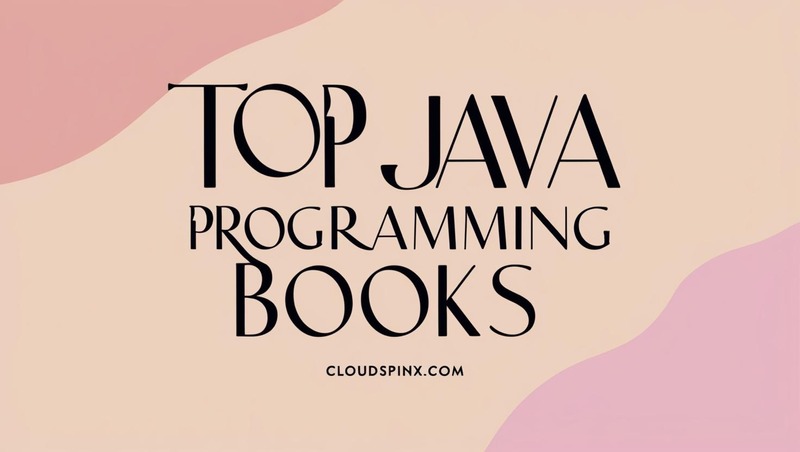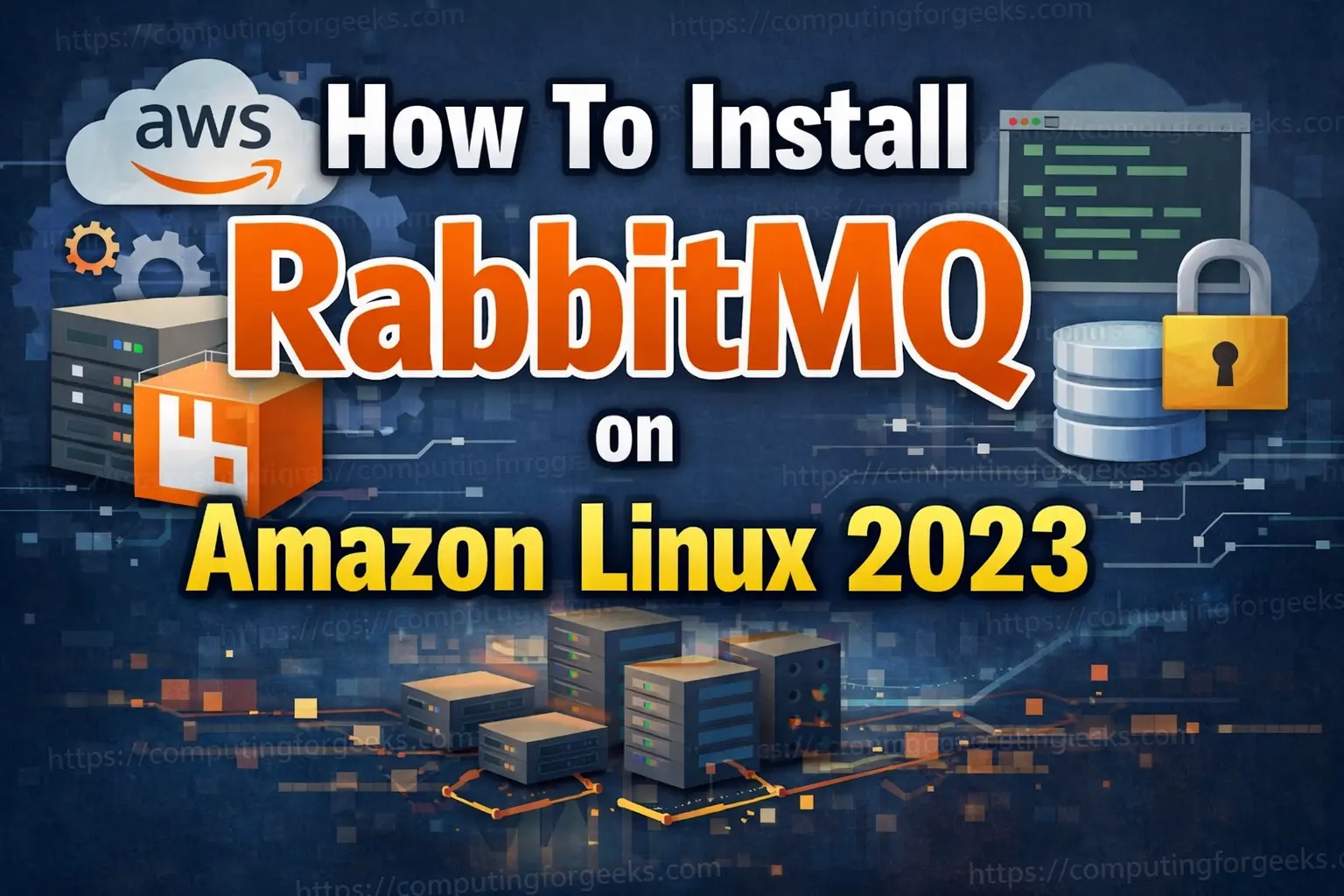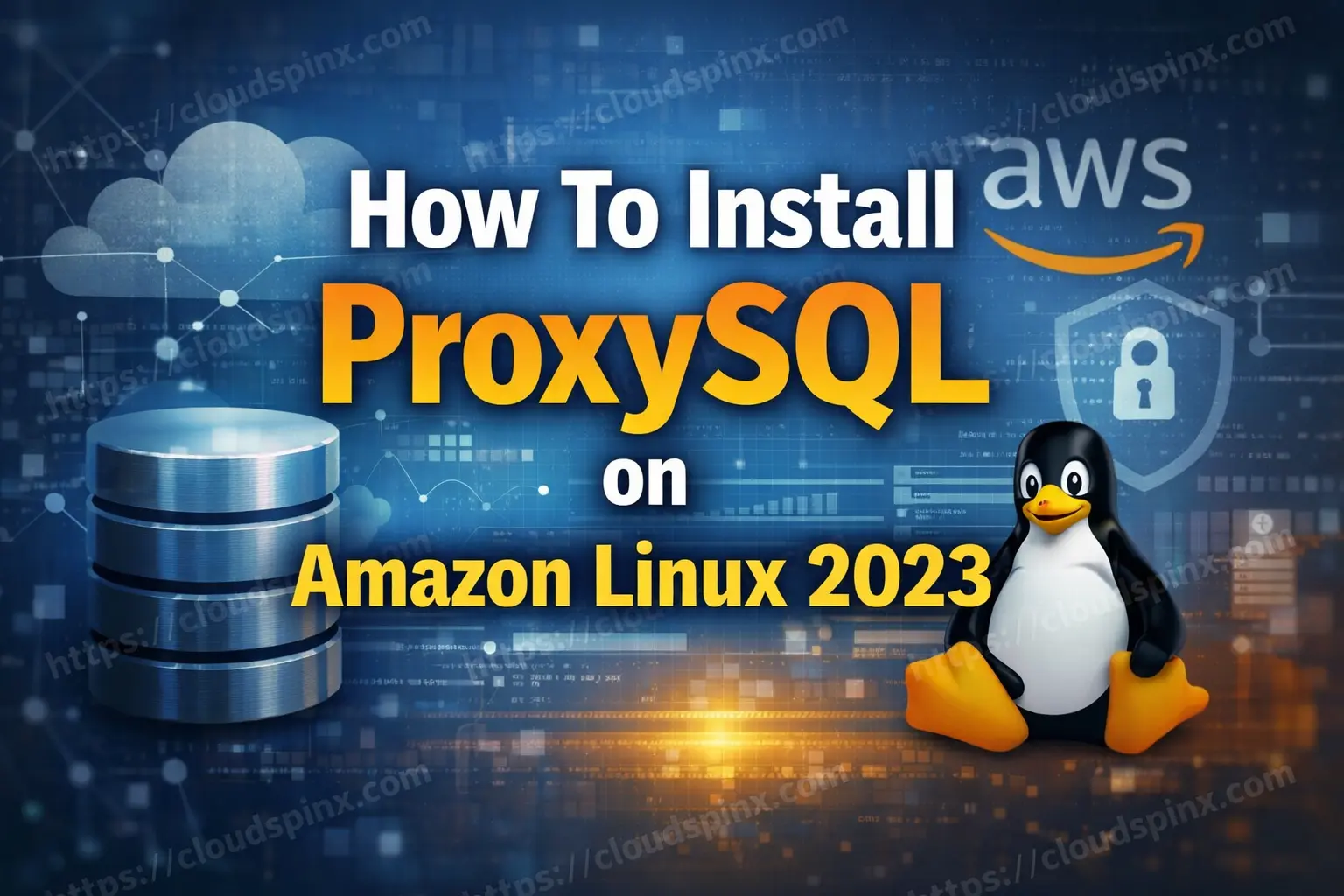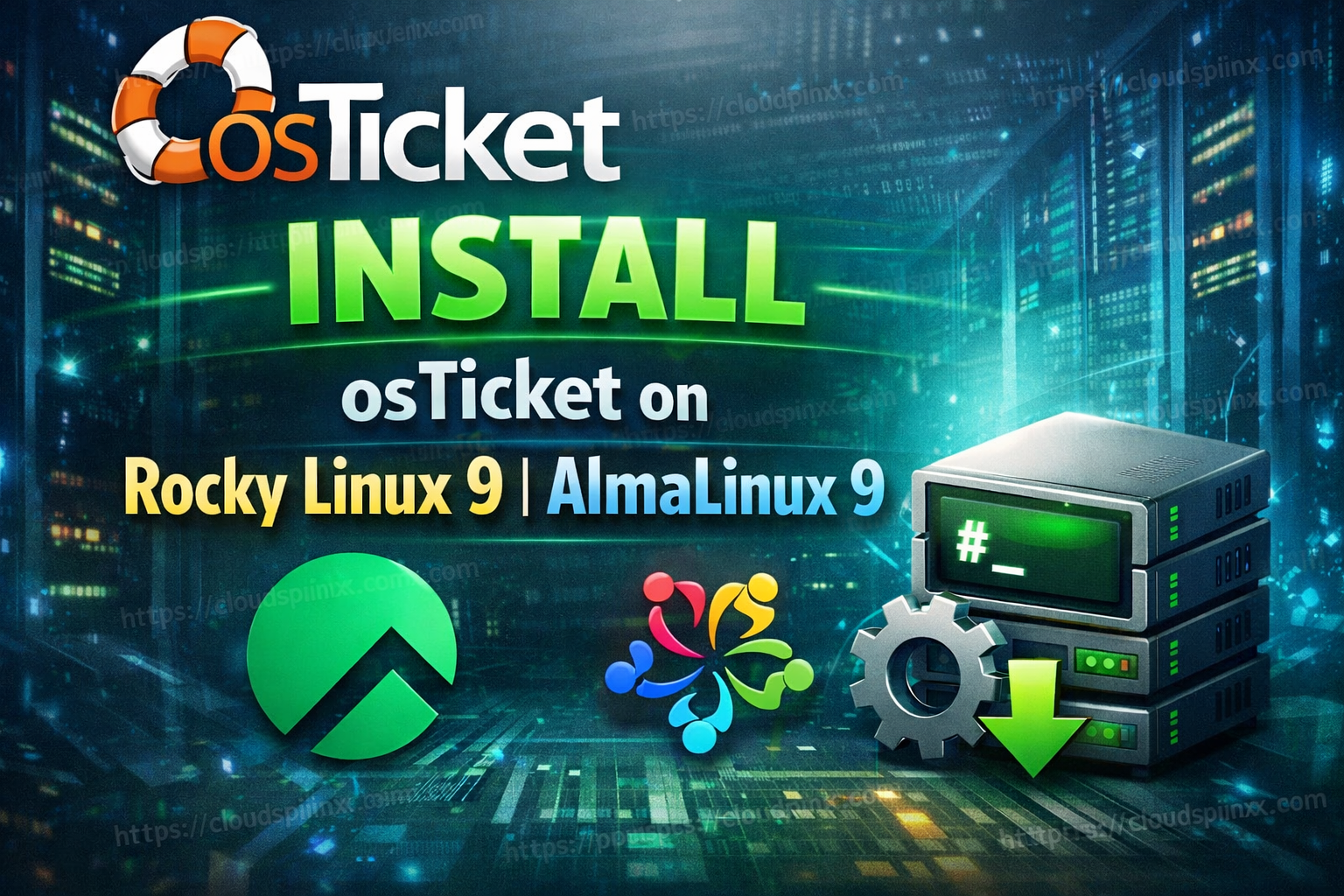Java is a programming language developed by James Gosling together with Mike Sheridan and Patrick Naughton in 1995 for Sun Microsystems. It is an object-oriented language similar to C++ but with advanced and simplified features. Since it is one of the leading programming languages, this article is here to assist you to get hitting the road by providing suggestions for the best learning material you can get your hands on.
1. Java: A Beginner’s Guide

To explore the endless opportunities that Java gives to its experts, you can begin your journey thereby making sure you go through this book as thoroughly as you can. As the title suggests, this is a beginner’s guide ready to take you through the meadows of Java. It is fully updated for Java Platform, Standard Edition 21 (Java SE 21), and gets you started programming in Java right away. To let you in a little bit, it begins with the basics, such as how to create, compile, and run a Java program. The material then moves on to the keywords, syntax, and constructs that form the core of the Java language. The book also covers some of Java’s more advanced features, including multi-threaded programming, generics, lambda expressions, modules, and Swing.
It is definitely designed for easy learning of the following:
- Key Skills and Concepts―Chapter-opening lists of specific skills covered in the chapter
- Ask the Expert―Q&A sections filled with bonus information and helpful tips
- Try This―Hands-on exercises that show you how to apply your skills
- Self Tests―End-of-chapter quizzes to reinforce your skills
- Annotated Syntax―Example code with commentary that describes the programming techniques being illustrated
Click below and take your copy home right away:
2. Head First Java, 3rd Edition

The Head First series of books has made its name in the world of the guide due to its difference in approaching how it writes for its audience. Head First Java combines puzzles, strong visuals, mysteries, and soul-searching interviews with famous Java objects to engage you in many different ways. It’s fast, it’s fun, and it’s effective. And, despite its playful appearance, Head First Java is serious stuff: a complete introduction to object-oriented programming and Java.
You’ll learn everything from the fundamentals to advanced topics, including threads, network sockets, and distributed programming with RMI. So learning the Head First way is more important than ever. If you’ve read a Head First book, you know what to expect–a visually rich format designed for the way your brain works.
Having heard that, please head over to Amazon and buy your copy immediately. Click below;
3. Java How to Program, Early Objects

This is a groundbreaking series that offers unparalleled breadth and depth of programming fundamentals, object-oriented programming concepts and intermediate-level topics for further study. The book presents leading-edge computing technologies using the Deitel signature live-code approach, which demonstrates concepts in hundreds of complete working programs. This new edition has good stuff for you. It presents updated coverage of Java SE 8 and new Java SE 9 capabilities, including JShell, the Java Module System, and other key Java 9 topics.
What are you waiting for? If you would wish to deepen your object-oriented programming concepts and other important Java-centric topics, please click below to get your copy
4. Java All-in-One For Dummies
You know what comes to mind when you read the heading of the Dummies series. Yeah, the Java version is here and be ready to be thrilled. In a nutshell, Beginning Programming with Java For Dummies assumes completely no prior knowledge in programming and hence a perfect place to kick off. It guides you from the very basics of everything so that everyone is happy and on the same page before the tougher meat is brought to the table.

Beginning Programming with Java For Dummies, 5th Edition is the easy-to-follow guide you’ll want to keep in your back pocket as you work your way toward Java mastery! In plain English, it quickly and easily shows you what goes into creating a program, how to put the pieces together, ways to deal with standard programming challenges, and so much more.
A summary of what you’ll find in the book is listed below:
- Updated for Java 19, learn the language with samples and the Java toolkit
- Familiarize yourself with decisions, conditions, statements, and information overload
- Differentiate between loops and arrays, objects and classes, methods, and variables
- Find links to additional resources
Head over to Amazon and get a closer look at its details on the link below
5. Java: Programming Basics for Absolute Beginners
This is a totally beginner-friendly guide. The basics are the very foundation of every discipline and a lack of the basics means trouble in the future. This guide takes you step-by-step through writing your very first program, explaining each portion of code as it gets along. It further guides you through the workings of the Java Development Kit and Java Runtime Environment, as well as choosing an IDE.

Summary of topics:
- Basics of Java
- Writing Your First Program, Step-By-Step
- Basic Program Structure
- Which IDE to Choose
- How to Use the Java Development Kit
- Understanding the Java Runtime Environment
- Features and Uses of Java
- Sample Applications
- Data Types
- Variables
- Constants
- Operators
- Type Conversion
- Loops
- Decision Making
More information about the book as well as its reviews are on the link below to Amazon:
6. Effective Java 3rd Edition by Joshua Bloch

Author Joshua Bloch comes with another edition revamped for the changes that Java has experienced. Prepared for both experienced and aspiring programmers alike, Effective Java brings the learning experience of Java in rich variety. Each chapter consists of several sub-topics each presented in the form of a short, stand-alone essay that provides specific advice, insight into Java platform subtleties, and updated code examples. The comprehensive descriptions and explanations for each item illuminate what to do, what not to do, and why. New stuff in this 3rd Edition includes:
- Functional interfaces, lambda expressions, method references, and streams
- Default and static methods in interfaces
- Type inference, including the diamond operator for generic types
- The @SafeVarargs annotation
- The try-with-resources statement
- New library features such as the Optional interface, java.time, and the convenience factory methods for collections
The third edition can be found on Amazon. Click on the link to be redirected there
7. Core Java: Fundamentals, Volume 1 (Oracle Press Java)
The Core Java, Volume I: Fundamentals, 12th Edition can serve as the best guide when developing powerful and mainly Java applications. This guide offers a detailed explanation of the language and APIs, making it easier to work with any Java version. In the book, you will get a deep and practical understanding of all the Java concepts. It is packed with over 100 examples that reflect real-life scenarios.

The book targets those with prior programming experience who are in pursuit of deep Java programming understanding. You will learn all the Java features as well as the latest improvements in Java 17. The first two chapters cover the fundamentals of Java programming which includes object-oriented programming, generics, collections, lambda expressions, concurrency, and functional programming. The other chapters then dive into deep Java programming where you master the techniques, idioms, and best practices for writing robust Java code. You will also learn how to harden applications using effective exception handling and debugging
Obtain a copy of this book using the below link:
8. Java: The Complete Reference

This latest edition has been thoroughly revised and updated with the current Java SE 21 content. The guide offers a comprehensive, step-by-step illustration of how to design, write, debug, run, and administer high-performance Java programs. The two authors, Herbert Schildt and programming expert Dr Danny Coward bring to you everything you need to know about Java programming. This includes the syntax, keywords, and libraries used in developing robust Java applications.
In the guide, you will also find detailed code samples with real-world examples that demonstrate how Java can be used. Servlets, applets, JavaBeans, Swing, multithreading and lambda expressions are also covered here. You will also get the latest features in Java 18 LTS to the latest release Java 21.
Get a copy of this book:
9. Java Performance: In-Depth Advice for Tuning and Programming

Coding and testing are considered two separate expertise areas. In this book, the author Scott Oaks makes it easier for developers to understand how the code works and behaves on virtual machines. It includes tuning Java to improve performance. The developers and performance engineers get a chance to learn several features, tools, and processes for improving the way the Java 8 and 11 LTS releases perform.
In this guide, you will:
- Learn the various Java platforms and compilers affect performance
- Understand how Java garbage collection works
- How to apply the 4 principles to obtain the best results from performance testing
- How to use JDK and other tools to learn how a Java application is performing
- How to handle performance issues in Java APIs
- How to boost Java-driven database application performance
Grab a copy of the book using the link:
10. Test Driven: TDD and Acceptance TDD for Java Developers

In a test drive, you need to write an executable of what your code should do. This book brings practical TDD techniques for readers after gatherings from several community experiences. Having examples in both Java and the Java EE environment, it covers the techniques and the mindset of TDD and ATDD. There are also several examples to demonstrate TDD tools and design patterns.
In this book, you will find content on:
- How to test drive Java code with hands-on experience.
- How to eliminate the common TDD adoption mistakes.
- How to test Java EE components-Servlets, JSPs, and SpringControllers
- Detailed content on multithreaded programs and data access code
- The test-driven development and the Fit framework
Get a copy of the guide:
Every journey begins with that simple step, so never underestimate the power of that first jump you make. You never know where the jump will lead you into. Keep at it and as they say, hard work handsomely pays.
If you are interested in other guides and articles, just click on the links provided below with topics you may fancy.









